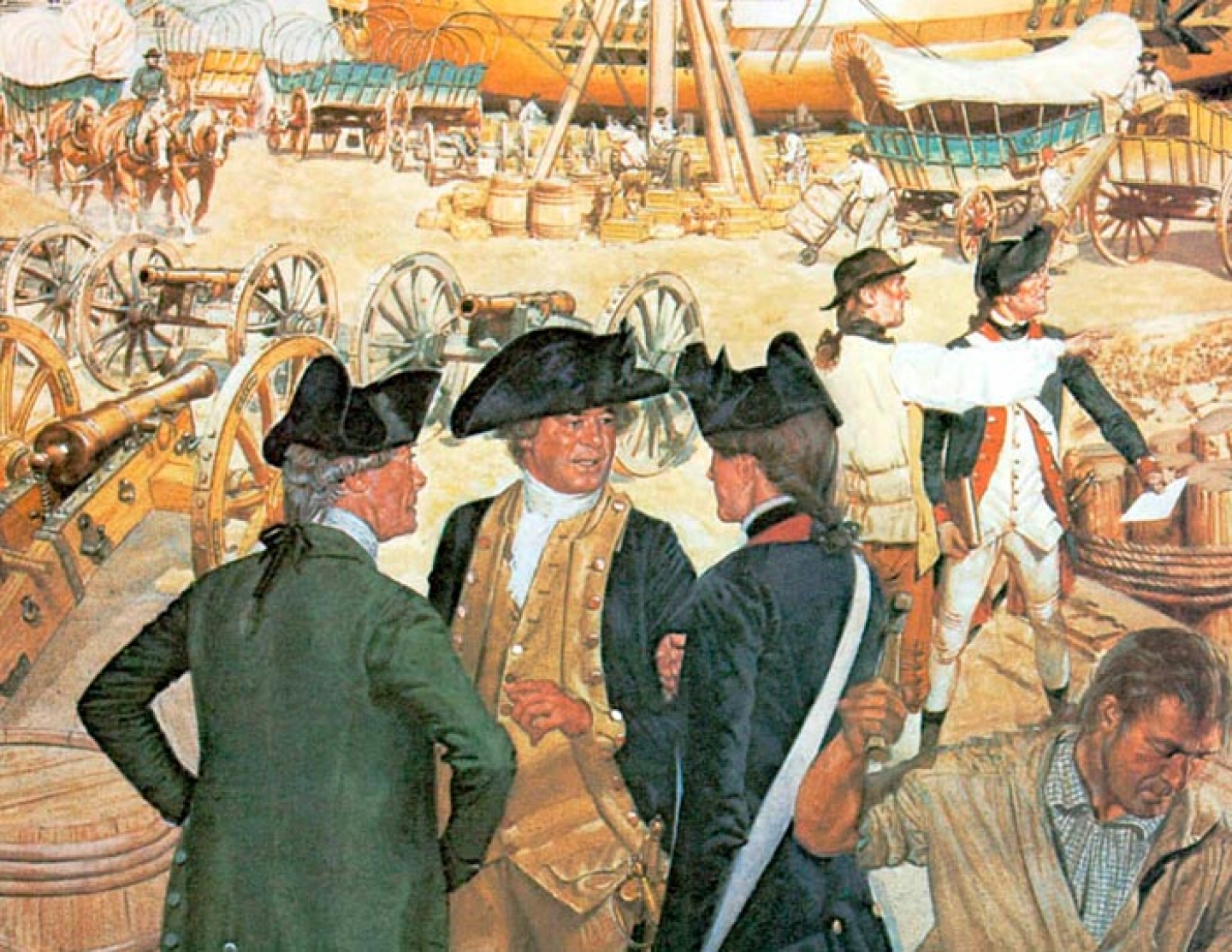By Andrew Porwancher
October 14, 2023
When the guns of Yorktown fell silent in 1781 and America cemented its secession from the British Empire, many questions confronted the young republic. Strikingly prominent among them was the civil status of American Jews. Should Jews be eligible to vote? To hold elected office? To practice law? The Jewish presence in America was miniscule – no more than a tenth of a percent – but the fate of Jews nonetheless assumed outsize significance in the political debates of the early republic. For a new nation founded in the name of equality, the treatment of Jews was a test of whether Americans would realize or reject that animating creed.
The specter of religious equality alarmed many Gentiles. State after state decided to exclude Jews from the ballot box, the state house, and the legal guild. This type of prejudice was familiar to Jewish-Americans who had faced the same, or worse, back in Europe. What distinguished Jews in the United States from their Old World co-religionists was not the reality of antisemitism but rather their willingness to publicly challenge it.
American Jewry had compelling grounds for demanding equal treatment. When the ink was still freshly drying on the Declaration of Independence, Jews were spilling blood in defense of its egalitarian promises. To be sure, a few Jews in America did stay loyal to the Crown – but the overwhelming majority sided with the patriots.
Those who survived were unafraid to demand in peacetime the equality they had been promised in wartime. In 1783, for instance, Philadelphia Jewry formally appealed to their state government to remove a constitutional prohibition of Jews in the Pennsylvania legislature. A committee of Jewish leaders explained that “this religious test deprives Jews of the most eminent rights of free men.” The civil disability imposed on Jews, they noted, was all the more egregious in light of Jewish contributions to the war: “The conduct and behavior of the Jews, in this and the neighboring states, has always tallied with the great design of the Revolution.” This kind of protest for Jewish rights would have been unimaginable in contemporary Britain.
Two years later, a Georgia court considered whether Mordecai Sheftall – a Jewish war veteran – had the basic right to file a suit in a court of law despite his Jewish identity. A judge decreed that Sheftall’s Judaism did not strip him of his standing to sue. That ruling prompted an anonymous writer, known as “Citizen,” to circulate a bigoted pamphlet decrying the decision. In a fit of paranoia, the “Citizen” cautioned that Jews would soon subject the great mass of Georgians to Judaic rule. “What are we to expect but to have Christianity enacted into a capital heresy, the synagogue become the established church, and the mildness of the New Testament compelled to give place to the rigor and severity of the Old,” he hyperventilated. The delusion here is all the more preposterous given that not even 0.1% of Georgia’s population was Jewish.
Just as Pennsylvania’s Jews pushed back on antisemitism, so too did Mordecai’s brother, Levi Sheftall. Levi called out the prejudicial pamphleteer under the pen name, “A Real Citizen.” Writing in the Georgia Gazette, Levi mocked the “Citizen” for seizing the “opportunity to show his hatred” and suggested that “he might have employed his time to some better purpose.” Mordecai Sheftall had been the highest-ranking Jew in the Continental Army, affording his brother a solid foundation from which to shame Mordecai’s detractor.
The fractious debate about Jewish rights playing out in numerous states formed the backdrop of the Constitutional Convention. Notably, the only American who appealed to the Convention to protect religious liberty was a Jew – Jonas Phillips – who had served in the Revolution. He lamented to the delegates that Jewish-Americans “have bravely fought and bled for liberty which they cannot enjoy.” What Phillips did not yet know was that the delegates had already taken an extraordinary step that most states would not: they included a constitutional clause banning religious tests for federal office. A Jew may not have been free to serve in the Pennsylvania state assembly, but that self-same Jew could be president of the United States. It was an extraordinary triumph punctuating the tragic history of the Jewish people.
The question of Jewish belonging in America has periodically resurfaced throughout the nation’s history. In each of those moments, voices have arisen to erroneously claim that Jews are newcomers who somehow threaten the original character of the country. Those today who would doubt that Jews have a rightful stake in this republic would do well to remember that the trees rooted in the Revolution’s battlefields draw their nutrients from soil tinged with Jewish blood.
Andrew Porwancher is a professor of constitutional history at Arizona State University. He is the author of “The Jewish World of Alexander Hamilton” (Princeton University Press, 2021) and is a faculty partner with the Jack Miller Center.
Share:
Related Posts
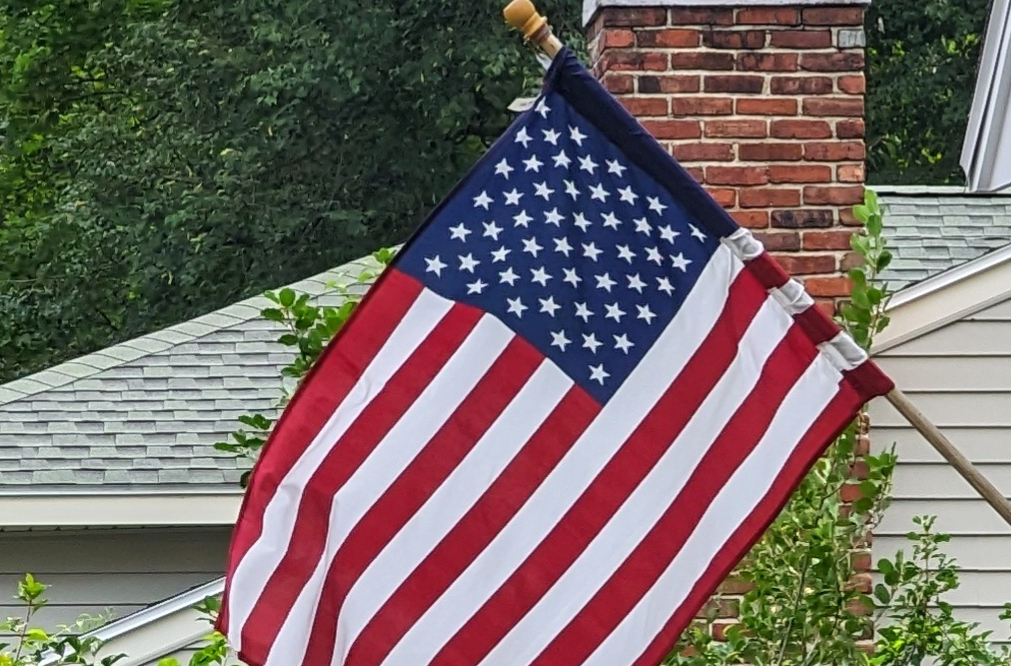
Continuing a Tradition of Civics Excellence
By Mike Sabo With new institutes emerging at colleges and universities in Florida, Ohio, Utah, Tennessee, North Carolina, Texas, and elsewhere, civics education may be
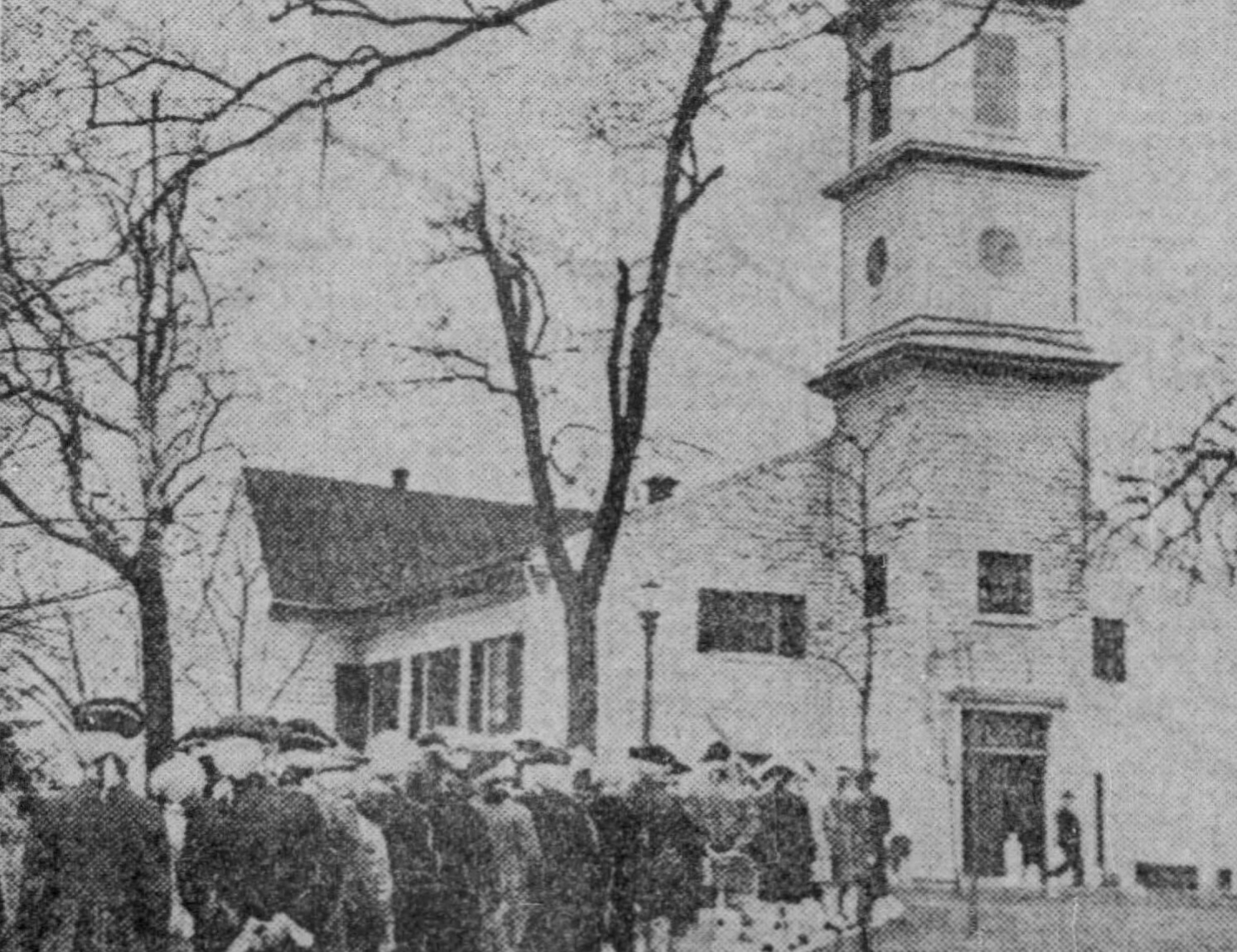
Give Me an Engaged Electorate
By John A. Ragosta On March 23rd in 1775, Patrick Henry rose at St. John’s Church in Richmond, Virginia, to urge his countrymen to arm
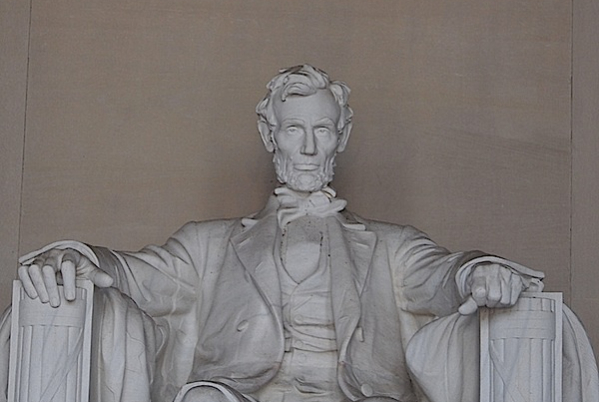
How Lincoln’s Assassination Changed American History
By Brian Matthew Jordan One hundred and fifty-nine years ago this Sunday, a 26-year-old white supremacist and Confederate sympathizer named John Wilkes Booth pointed a
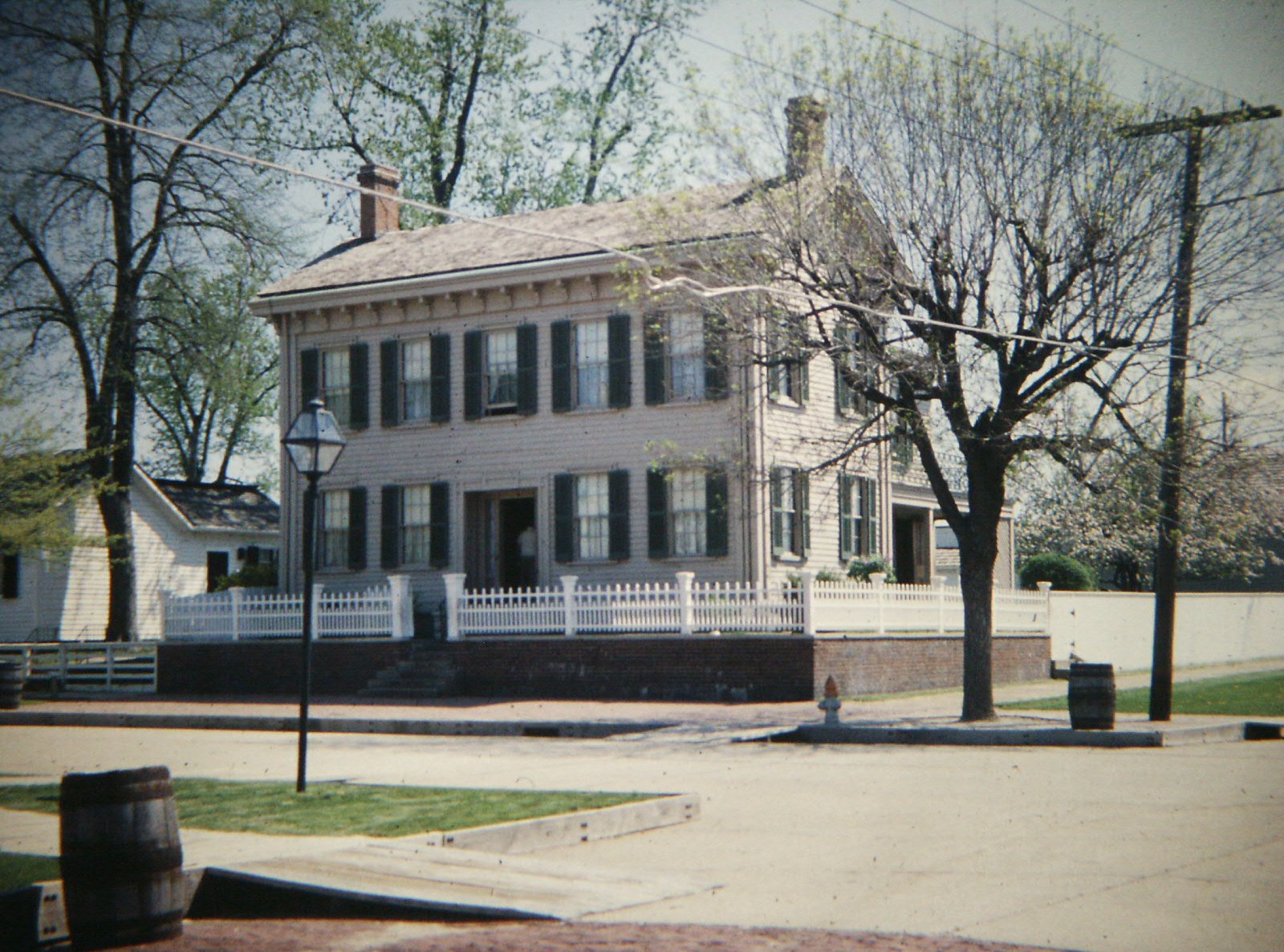
Igniting an Appreciation for Abraham Lincoln in Children
By Jonathan W. White Historians and the general public regularly rank Abraham Lincoln as America’s greatest president. There is little doubt that he is widely

